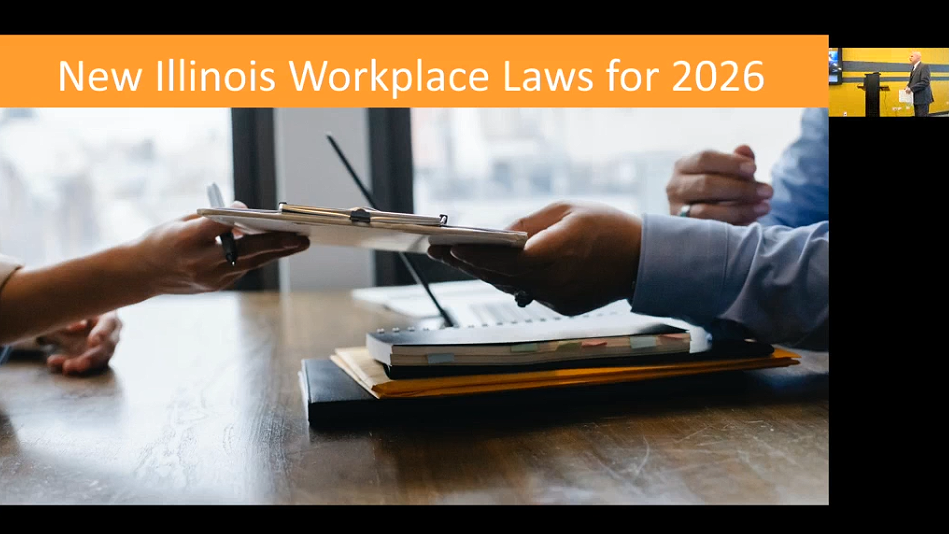Banking and Business Monthly – January 2024
FTC and DOJ’s 2023 Merger Guidelines

In the August article, I discussed the proposed merger guidelines issued by the U.S. Department of Justice Antitrust Division (“DOJ”) and the Federal Trade Commission (“FTC” and collectively with DOJ, “Agencies”). They were finalized and released by the Agencies on December 18, 2023. They continue the Biden Administration’s theme of increased scrutiny of mergers and stricter enforcement of antitrust laws.
The draft guidelines’ thirteen principles have been reduced to eleven principles. Mergers are more likely to be challenged by the Agencies if they violate one or more of the following principles:
- Significantly increases concentration in a highly concentrated market;
- Eliminates substantial competition between firms;
- Increases the risk of coordination;
- Eliminates a potential entrant in a concentrated market;
- Creates a firm that may limit access to products or services that its rivals use to compete;
- Entrenches or extends a dominant position;
- When an industry trends toward concentration, substantially lessens competition or tends to create a monopoly;
- Is part of a series of multiple acquisitions;
- Affects competition with respect to a multi-sided platform;
- A merger involving competing buyers that substantially lessens competition for workers, creators, suppliers, or other providers; and
- An acquisition involving partial ownership or minority interests that substantially lessens competition.
Among the changes is the combination of draft principles 5-6 into final principle 5, used to examine vertical mergers. Principle 5 maintains the same analysis for reviewing a vertical merger, such as presuming illegality for vertical mergers where the merged firm has a greater than 50% share of the related product market. Prior principle 8, which is now principle 7, contains additional, stronger language signaling that the Agencies will scrutinize mergers that occur in industries that are trending towards concentration. The removal of Principle 13 in the prior guidelines, which was a catch-all for any merger that otherwise substantially lessens competition or tends to create a monopoly, may reflect a slightly softer approach than that taken in the proposed guidelines.
The final guidelines reveal that a merger that creates a firm with a market share over thirty percent is presumed to substantially lessen competition or will tend to create a monopoly if it also involves an increase in the Herfindahl-Hirschman Index (HHI), which measures market concentration levels, of more than 100 points. This presumption also is raised when a market has an HHI above 1,800 and the transaction increases the HHI by over 100.
Just as with the proposed guidelines, the final guidelines are not binding on courts, although courts may view them as persuasive authority. It remains to be seen whether the Agencies can persuade federal courts that the proposed merger guidelines are supported by case law.
For further inquiries or questions, please contact me at smigala@lavellelaw.com or (847) 705-7555.
More News & Resources
Lavelle Law News and Events












